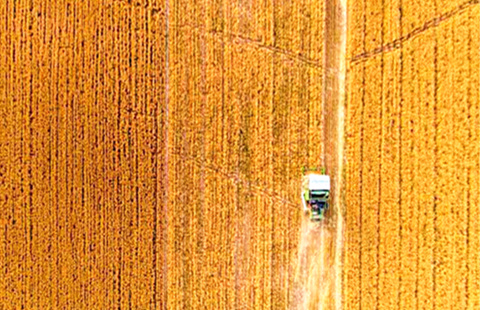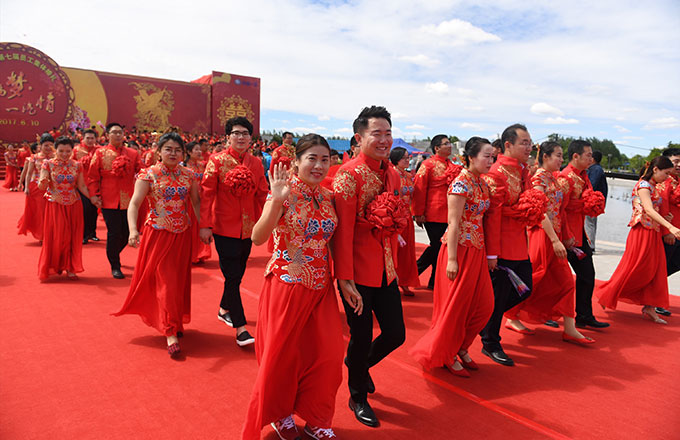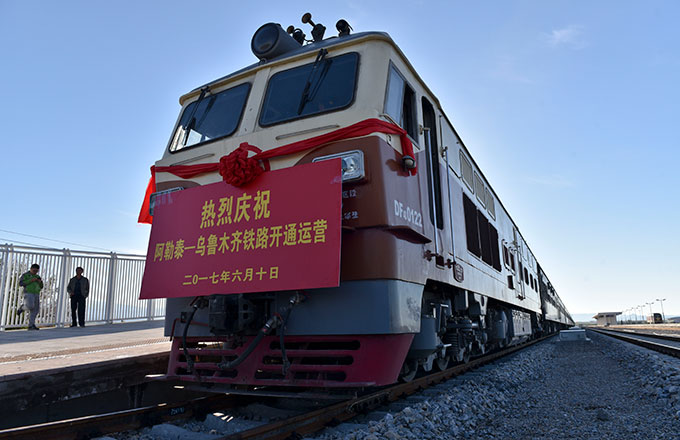US seed tycoon feels close bond with China
For Harry Stine, a farm boy who became an inventor, businessman and the richest billionaire in Iowa by licensing his genetically engineered corn and soybean seeds to multinational companies, there are a lot of reasons he has many connections with China.
"My first main business was in soybean plant breeding, and all of our soybeans originally came from Asia, primarily China. We would not have the success we had today if we didn't have the opportunity to use Chinese soybeans to start with," said Stine, while pointing to the soybean nursery on the farm where Stine Seed sits in Adel, Iowa.
Stine Seed is the world's largest privately owned seed company. Stine was also one of the first people invited by the Chinese government to visit China in early 1976.
He ran into the funeral procession of former premier Zhou Enlai in the streets of Beijing. "Zhou did a good job in a complicated situation," Stine said.
Since his first visit to China in 1976, Stine had taken his family to tour China a couple of times. He also spoke at the 2015 China Development Forum in Beijing.
"Anyone who has been in China then and now has to have great admiration for the progress and change that occurred in China. Combined with China's long history, I only have great respect and appreciation for both China and its people," Stine said.
Stine's father moved to the current farm in 1934 when it was relatively small. Today it has morphed into a giant farm of 11,331 hectares primarily used for seed breeding.
"We worked long hours and had a small income. I kind of identify with that kind of small farmers in China and want to help them wherever I can," said Stine.
Beginning in 2012, with the help of Zhao Li at Iowa China Group, Stine began making connections with Chinese seed companies and now provides high-yield corn and soybean seeds to farms around China.
Stine said his genetics can help Chinese farmers to increase their corn yield by one-third and soybean yield by 10 to 20 percent. He wants to help Chinese farmers to reach the same level of production as in the US.
So far Stine has sent hundreds of genetics to China to test what best fit China's environment.
Although a relatively newcomer to China's seed business, Stine Seed is moving fast. Already, China has become its largest market outside of US. Stine Seed has registered three hybrid corns with the Chinese government and more are coming. Stine seeds are being planted in half of China's provinces.
Stine is confident that his seed business will grow rapidly in China.
"We are more cooperative with local companies and government than some other American seed companies," he said.





















